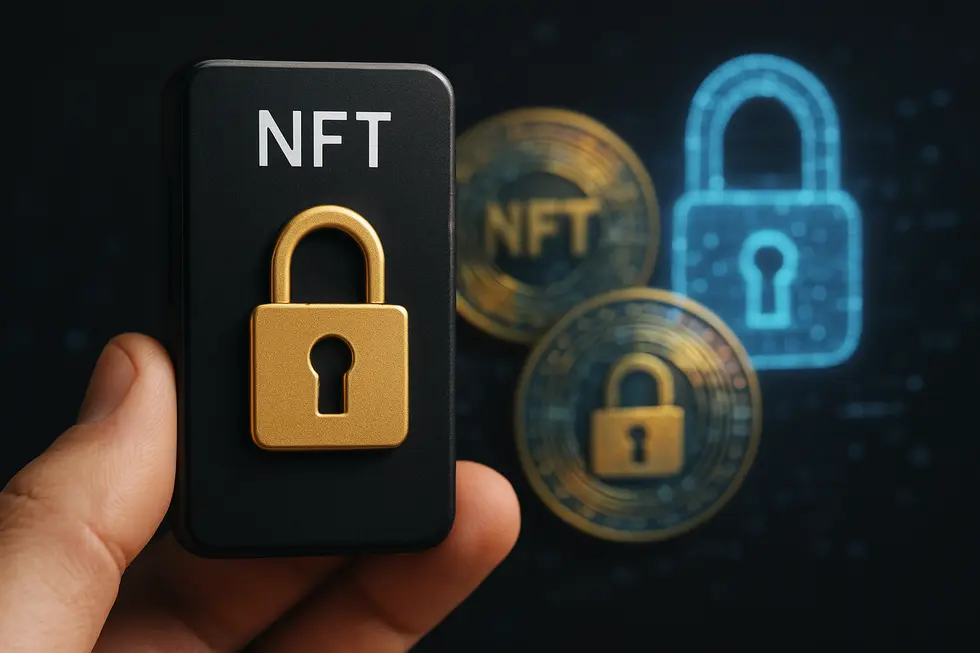With the rise of NFTs as valuable digital assets, securing them has become a critical concern for collectors, traders, and creators alike. NFT holders must take proactive measures to protect their investments from cyber threats and scams. This guide delves into the essential wallet security tips every NFT enthusiast should know. From understanding basic security concepts to employing advanced technology, each chapter provides insights into safeguarding your digital assets effectively.
Mastering NFT Security: Essential Wallet Tips for Secure Holdings
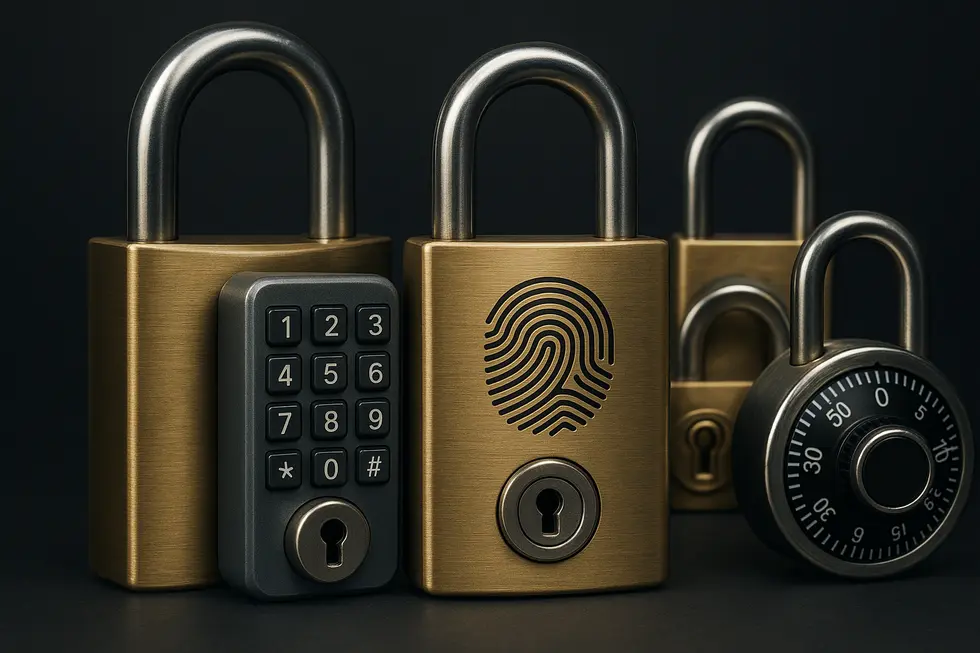
In the rapidly evolving world of non-fungible tokens (NFTs), ensuring wallet security is paramount to safeguarding digital assets against cyber threats. One of the most effective strategies is using hardware wallets like Ledger and Trezor, which store private keys offline, shielding them from online hacks. Avoiding custodial wallets is equally critical, as these require third-party control over your private keys, compromising true ownership.
Enabling two-factor authentication (2FA) adds a protective layer, especially during login attempts, reducing the risk of unauthorized access. It’s vital to regularly revoke unnecessary token permissions granted to various applications, as these can become potential attack vectors. Employing strong, unique passwords, ideally managed through secure password managers, guards against credential theft, while staying vigilant against phishing scams remains crucial.
Moreover, keeping software and devices updated with the latest security patches helps block vulnerabilities frequently exploited by attackers. Always conduct transactions over secure networks, avoiding public Wi-Fi, which is prone to interception.
Advanced security practices involve using platforms like Cypherock, which offer decentralized key management by distributing private keys across multiple devices. This reduces the risk of a single point of failure. Comprehensive strategies like these equip NFT holders with robust defense mechanisms to protect against malicious activities prevalent in the NFT ecosystem, such as wash trading and fake manipulation.
Mastering the Art of Scam Avoidance: Essential Wallet Security Tips for NFT Holders
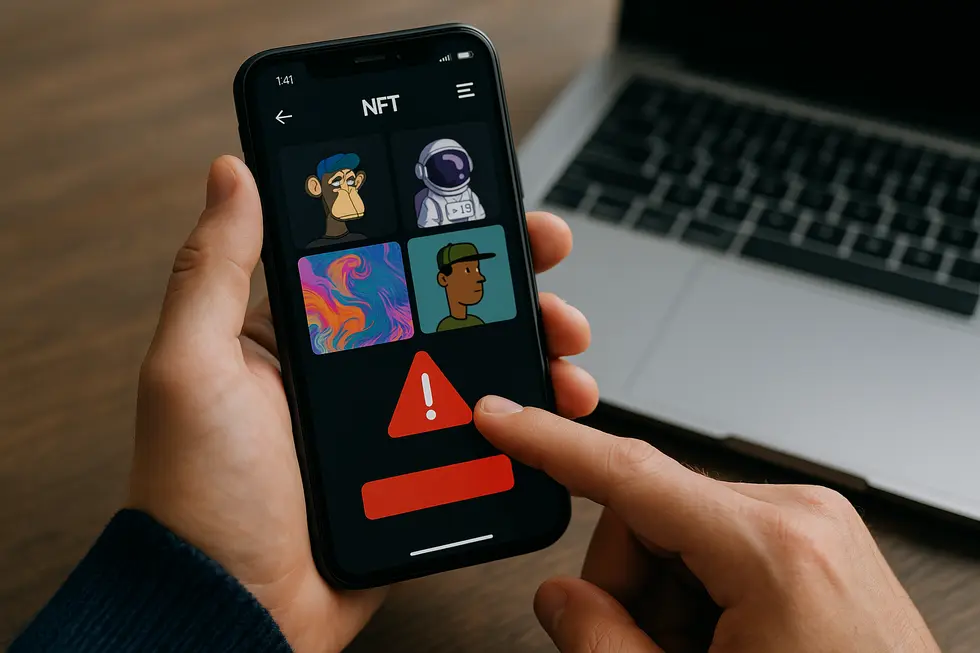
In the thrilling yet perilous world of NFTs, wallet security cannot be overstated. The digital landscape is fraught with scams and threats aimed at snatching away your valuable assets. Protecting your NFTs begins with the prudent use of hardware wallets, such as those provided by Ledger or Cypherock, which ensure your private keys remain offline and thus shielded from online attacks. Opting for non-custodial wallets where you maintain control over your keys further secures your investments against third-party risks.
Scams often come disguised as promising opportunities. Be wary of unsolicited offers, especially those requiring upfront fees, or random airdrops asking for wallet connections. Such tactics are common ploys used by scammers. Always verify the legitimacy of projects before interacting with them. This includes checking for smart contract audits, as they can reveal potential vulnerabilities like rug pulls or backdoors.
Moreover, revoke unnecessary permissions periodically to prevent unauthorized transfers. Tools like revoke.cash can assist in this endeavor, ensuring no dormant permissions become the weak link in your security chain. Activating two-factor authentication (2FA) further fortifies your defense against unauthorized access attempts.
These strategies, when implemented robustly, form a powerful shield against the ever-evolving threats in the NFT space, keeping your digital assets secure and your investment thriving. For more insights on protecting your NFTs, explore the latest in trusted NFT marketplaces.
Elevating Security: NFT Wallet Security Tips for Enhanced Protection
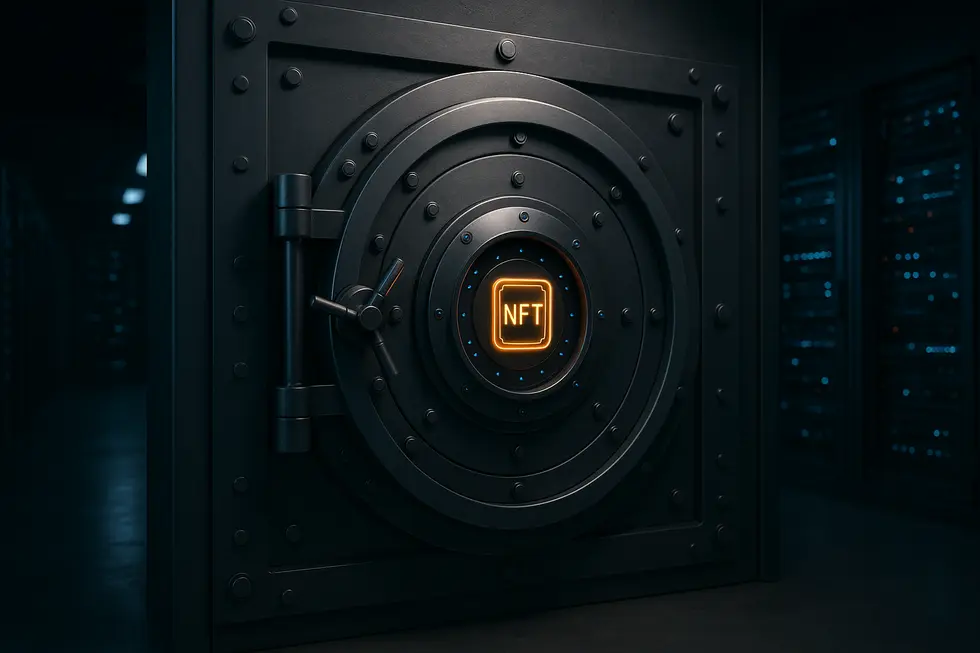
In the realm of NFTs, ensuring the safety of your digital assets hinges on applying advanced security measures. Wallet security tips for NFT holders involve strategic use of both hardware and software protections. A keystone of this security plan is using hardware wallets like Ledger or Trezor, where private keys remain offline in “cold storage,” safeguarding them from potential online intrusions.
Highly advanced solutions, such as Cypherock wallets, take this protection a step further by splitting private keys across multiple devices. This decentralized approach significantly mitigates risks associated with single points of failure. Adding an extra security layer with two-factor authentication (2FA) further fortifies NFTs against unauthorized access.
Equally important is the implementation of robust encryption and reliable backup methods for recovery phrases, ensuring you maintain uninterrupted access to your collections. Opting for non-custodial wallets places control firmly in your hands, eliminating the risks of third-party management altering access to your assets.
Regularly auditing and revoking token permissions granted to external applications helps avert malicious transactions. Utilizing tools like revoke.cash enables this crucial preventative maintenance. To further enhance protection, always update wallet software and remain cautious of phishing attacks.
For those eager to delve deeper into specifics of secure wallet selection, consider exploring Best NFT Wallets for Collectors and Investors: A Comprehensive Guide.
Unlocking NFT Security: The Essential Role of Hardware Wallets
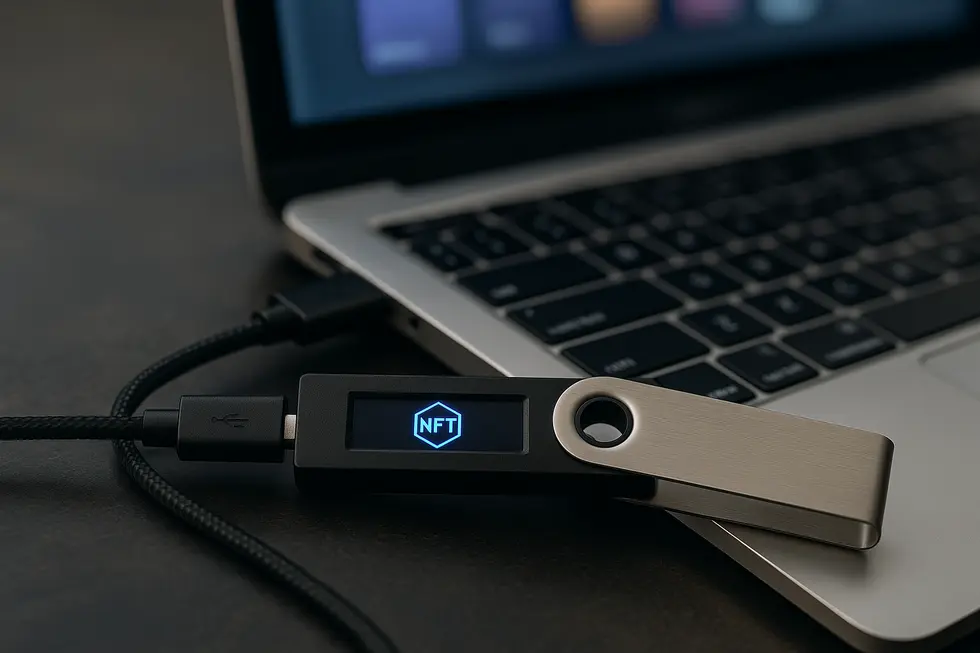
In the realm of wallet security tips for NFT holders, hardware wallets stand as the vanguard of defense. Their importance cannot be overstated, as these devices are designed to keep private keys offline, thereby safeguarding them from online threats such as hacking and malware. By resembling USB devices or being air-gapped, hardware wallets ensure that private keys remain isolated from internet-connected platforms, minimizing unauthorized access risks.
A standout feature of hardware wallets is their ability to sign transactions internally. This means sensitive data never leaves the device during transactions, significantly lowering the chances of exposure to compromised systems. Advanced wallets, such as Cypherock, even split the private key into multiple parts, dispersing them across different devices. This multi-component security strategy practically eliminates the risk of a single failure point.
For NFT holders who wish to balance convenience with security, hardware wallets complement software wallets. They allow users to store high-value NFTs securely while engaging in daily transactions through software wallets. Adhering to best practices like enabling two-factor authentication, maintaining strong passwords, and securing recovery phrases offline further enhances this protection strategy.
Ultimately, hardware wallets provide the premier level of security for NFT holders. They facilitate safe storage of valuable digital assets and support access to NFT marketplaces and decentralized applications. For an in-depth exploration of wallet security, expert resources like Cypherock provide comprehensive guides on wallet security.
Fortifying Your Digital Fort: Advanced Wallet Security Tips for NFT Holders
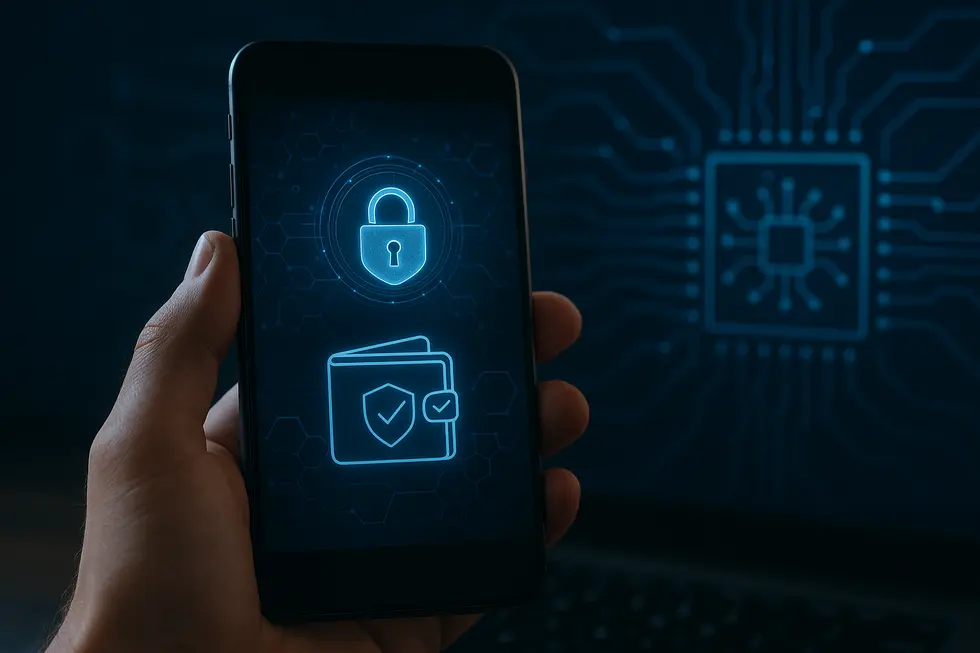
Enhancing security for NFT holders involves a blend of technology and caution. At the heart of wallet security, hardware wallets offer an invaluable advantage. By storing private keys offline, devices like Ledger and Trezor minimize exposure to online attacks, securing your digital treasures effectively.
Enabling two-factor authentication (2FA) further strengthens wallet defenses, while biometric access adds a layer of user-specific protection. For those navigating the NFT landscape, revoking unnecessary token approvals is critical. Excess permissions can open doors for exploits, making regular pruning vital.
Adopting a non-custodial wallet ensures complete control over private keys, safeguarding against unauthorized access. Segmenting wallets into ones for storage and others for transactions reduces risk exposure if one is compromised. Always keep wallet software updated alongside device operating systems to patch potential vulnerabilities.
Security extends beyond tools to practices: using secure internet connections is paramount. Public Wi-Fi networks can be hunting grounds for cybercriminals eager to intercept sensitive data. Always ensure transactions over personal, secure connections. Furthermore, securely backing up recovery phrases is essential. Advanced wallets like Cypherock partition keys into components, enhancing protection without traditional seed phrases.
In conclusion, combining hardware storage, meticulous operational habits, and vigilant internet use forms a fortress for your NFT holdings. For further insights into specific wallet features, comparing popular NFT marketplaces offers valuable perspectives on security options tailored to different platforms.
Mastering Wallet Security for NFTs: A Comprehensive Approach
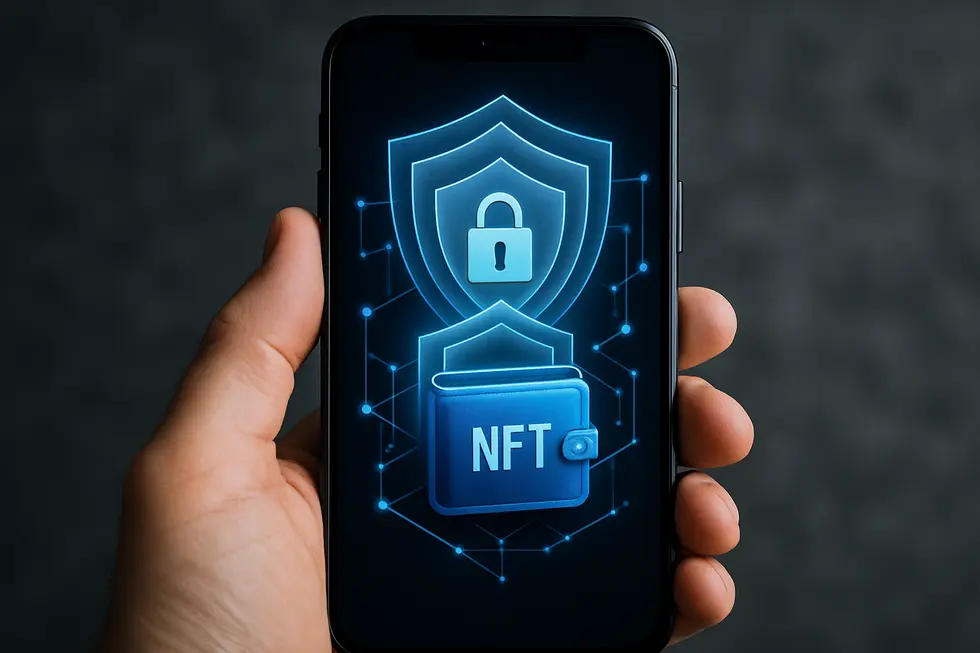
In the volatile realm of NFTs, ensuring wallet security is paramount for asset protection. A comprehensive strategy involves using hardware wallets, mastering permission management, and being wary of scams.
Hardware Wallets like Ledger and Trezor play a crucial role by keeping private keys offline, safeguarding them from potential online hacks. This cold storage method is considered the gold standard for safeguarding NFTs. In contrast, non-custodial wallets grant you full control over your keys, reducing the risk inherent in entrusting a third party.
To further bolster security, enabling two-factor authentication (2FA) provides an additional layer of defense, although it cannot substitute for direct key control. Vigilance must extend to permissions—from time to time, revoke unnecessary app permissions that could allow unwanted transfers or burns, leveraging tools such as revoke.cash.
Backing up seed phrases securely is vital, as losing them can result in irreversible access loss. Innovative solutions like Cypherock enhance this by partitioning the key into multiple components, increasing redundancy and security.
Scam awareness remains critical. NFT holders should verify contract addresses and use anti-phishing techniques, while avoiding collections endorsed on social media without due diligence. Secure network connections and regular software updates further diminish security risks. For expansive holdings, advanced setups like multi-signature wallets or decentralized systems, though complex, provide significant protection against theft.
For an expanded strategy on NFT security, ND Labs offers a valuable resource: ND Labs NFT Security.
Final thoughts
Mastering wallet security is crucial for safeguarding valuable NFTs in the digital age. By adopting the right security measures, from using hardware wallets to leveraging advanced tech, NFT holders can protect their assets effectively against the evolving threats of cybercrime. Staying educated and vigilant is key to enjoying the exciting world of NFTs without fear of loss or fraud.
About us
Monbase Global is a strategic partner of OpenLive Group, focused on expanding the reach and utility of blockchain and digital asset applications across international markets. As a core collaborator in the Monbase NFT ecosystem, Monbase Global plays a vital role in driving cross-border partnerships, investment strategies, and user adoption beyond Vietnam. With a vision to build a decentralized digital economy rooted in trust and innovation, Monbase Global supports the international growth of NFTs, digital collectibles, and the use of the MBC token across various platforms. The partnership between Monbase Global and OpenLive Group brings together local insight and global ambition—creating real-world value for creators, collectors, and businesses alike.
🌐 Join the Monbase NFT community and stay ahead of the Web3 curve.
💬 Follow us on Telegram, Twitter, or Discord for drops and updates!
Facebook | X (formerly Twitter) | Telegram announcement | Telegram community


